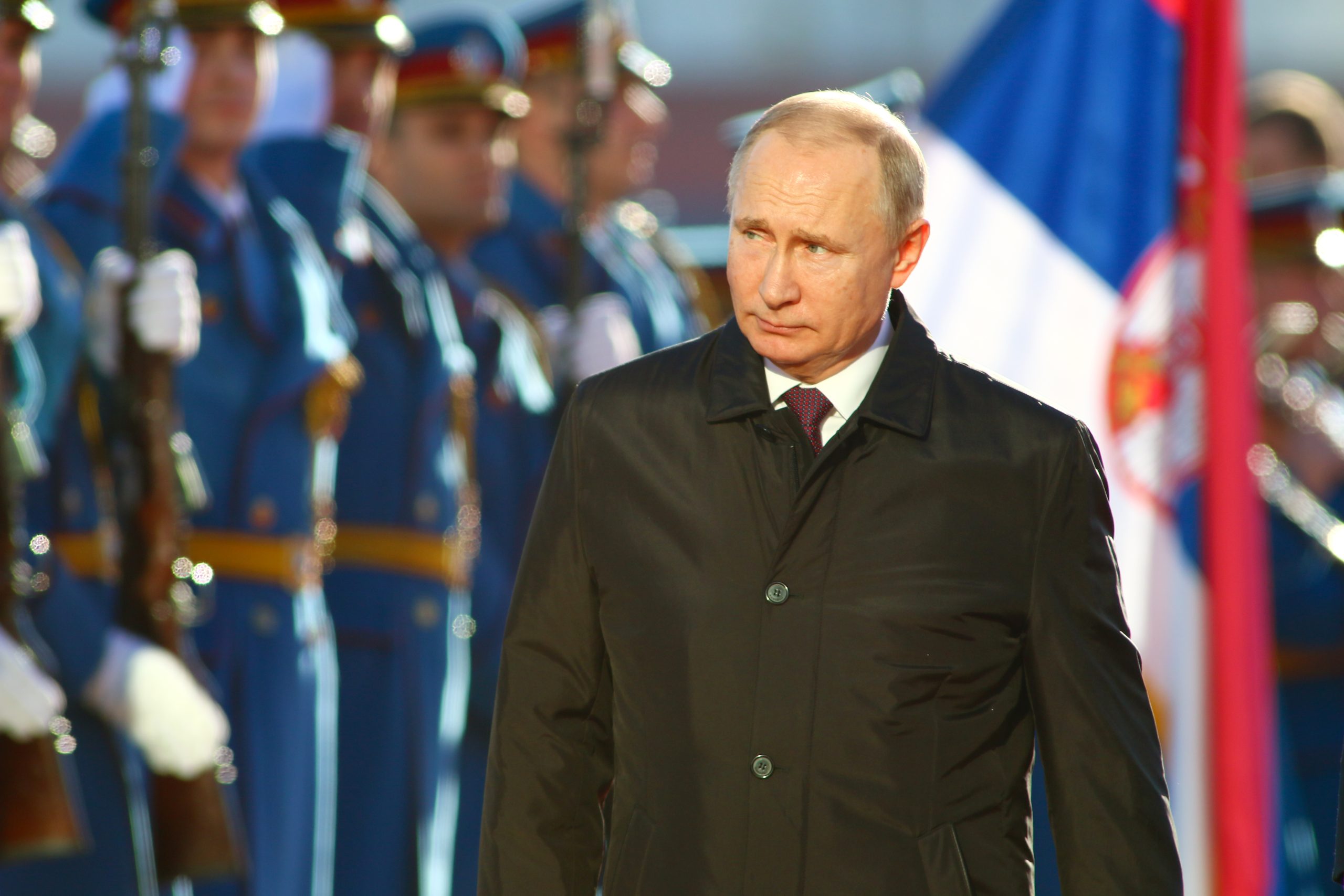Days before the second Russia-Africa summit in St Petersburg, Russian president Vladimir Putin pulled out of the grain deal that had allowed almost 33 million tons of agricultural products to leave Ukraine’s blockaded ports for low- and middle-income countries since July 2022. The collapse of the deal will cause supply issues and drive global food prices up, with huge consequences for many developing countries, especially in Africa, where 16 countries depend on Ukraine and Russia for over 50 per cent of their wheat supplies. The United Nations office for humanitarian affairs has warned that millions now risk hunger because of the end of the deal.
Putin is instrumentalising food insecurity for geopolitical gain. Some African countries will now be even more dependent on Russian grain deliveries. Putin is also using the fallout to try to boost Russia’s reputation on the continent, announcing that he will deliver free grain to certain African states. Meanwhile, he has blamed Western states for the collapse of the deal, accusing them of receiving most of the grain and hampering Russia’s deliveries.
European solidarity
African actors have already roundly denounced Russia’s decision to withdraw from the deal. European countries should follow their lead and continue support initiatives.
- European policymakers should do everything they can to urgently press Russia to reinstate the grain deal, amplifying demands by African actors, such as the African Union.
- Europeans should continue to debunk Russia’s disinformation on the grain deal and European sanctions, including by working with fact-checking organisations in Africa, such as Africa Check or Fact Space West Africa. They should also denounce Russia’s use of hunger as a war tactic, including its destruction of Ukrainian storage facilities and theft of Ukraine’s grain.
- European countries should maintain and strengthen their initiatives to address African food insecurity and sovereignty, including through the European Union-Ukraine “solidarity lanes”, and by supporting African countries’ agricultural capacities, for example through the International Food and Agriculture Resilience Mission (FARM) initiative.
Russia’s diplomatic stakes
The timing of the withdrawal is telling. As Putin will not participate in the BRICS summit in August, the Russia-Africa summit was a crucial opportunity to show that Russia is an indispensable partner for the global south. He is under some pressure: Russia has failed to deliver on the commitments it made at the last Russia-Africa summit in Sochi in 2019. For example, trade between Russia and Africa now amounts to around $18 billion per year, half of what Moscow promised in Sochi, and far less than Africa’s trade with the EU and China. Meanwhile, Russia is blocking African representation at the UN Security Council. And the mutiny staged by the leader of the private security company Wagner – a trademark of Russia’s presence in Africa – last month shook Russia’s reputation across Africa. Putin needs to show that he is still in charge and can ensure Africa’s security, regardless of the future of Wagner.
The partnership with Russia already seems to have lost some attractiveness: only 17 African leaders attended the summit in St Petersburg, compared to the 43 that attended the Sochi summit.
About the Author
Lauriane Devoize is a policy fellow with the Africa programme at the European Council on Foreign Relations.

